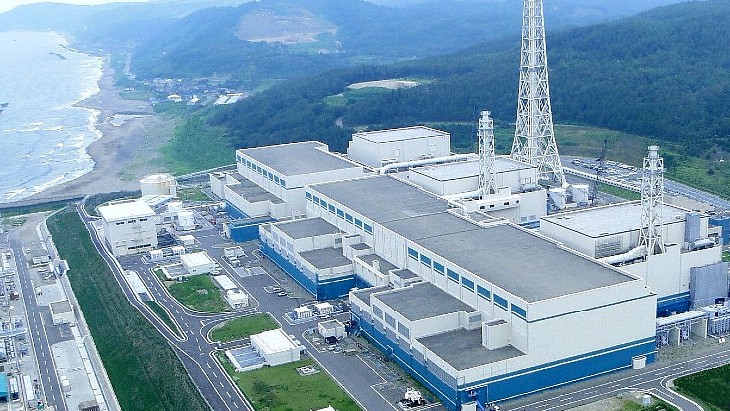Amid controversy on the future of nuclear power in Japan, and while many reactors await permission to restart from inspection, authorities have nevertheless approved ten more years of operation for Ikata 2.
Shikoku Electric Power Company owns the Ikata power plant and on 15 March it received approval for its strategy to manage ageing at Ikata 2. This came from officials at the Nuclear and Industrial Safety Agency (NISA) as well as the Ministry of Economy, Trade and Industry.
However, Ikata 2's operation now or in the future is very much a political matter in post-Fukushima Japan. The reactor was shut down for mandated inspection on 13 January and, in common with all Japanese reactors, cannot be restarted until gaining approval for its stress-test analysis from NISA.
First-stage stress test reports for several units have been filed with NISA, which has already approved the findings in some cases. However, none of these decisions has yet translated into formal permission to restart and at the same time some local politicians are seeking extra assurances such as the completion of the much longer second-stage of the stress test program. This customary deference to local leaders is not a legal requirement for utilities and it seems increasingly likely that the federal government will decide to explicitly encourage nuclear operators to forego that step for teh sake of national energy needs.
Ikata 2
This 538 MWe pressurized water reactor was designed by Mitsubishi Heavy Industries and built in 42 months between February 1978 and July 1981. Commercial operation came on 19 March 1982 and the unit now has permission in to continue operating - subject to regular checks as well as the completion of Shikoku's maintenance plan - until 19 March 2022.
Currently, the only two reactors in operation in Japan are Kashiwazaki-Kariwa 6 and Tomari 3 - both on the country's northern 50 Hz electricity grid. On the southern 60 Hz grid there are no nuclear power plants operating. Nuclear generation has been replaced by fossil fuels, of which Japan imported some ¥4.3 trillion ($55 billion) extra during 2011 compared to the year before. This was enough to tip its trade balance into the red for the first time since 1980.
Last month, Makoto Yagi, chairman of the Federation of Electric Power Companies, said: "Japan must avoid overdependence on fossil fuels and secure a well-balanced combination of diverse energy resources. We believe that Japan must continue to utilize nuclear power generation as an important power source to sustain its stable energy supply." The government is still engaged in a 'from-scratch' development of an energy policy.
Researched and written
by World Nuclear News





_91467.jpg)
_47120.jpg)
_16439.jpg)





